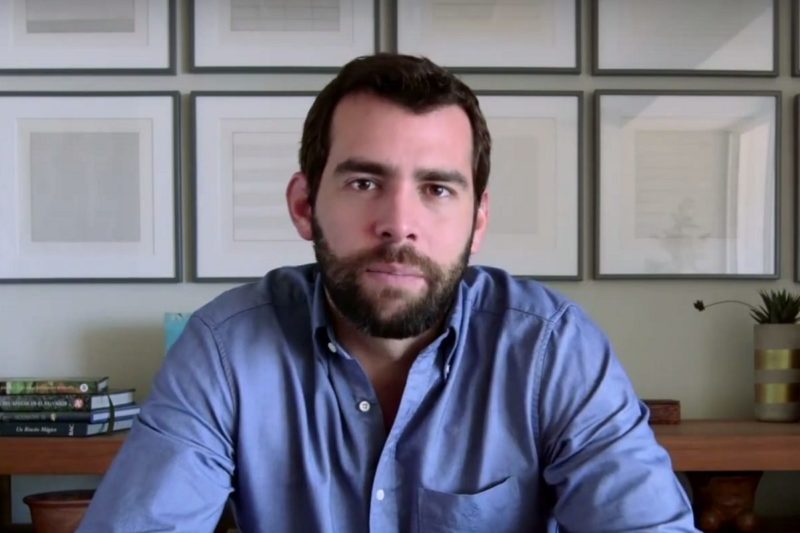In Surprise Move, Right-Wing Legislator Proposes New Bill to Decriminalize Abortion in El Salvador
Johnny Wright Sol's action represents an attempt to break a legislative deadlock and bring together a coalition of legislators from various political parties in numbers sufficient to change the existing law, which bans abortion entirely.

A right-wing legislator in El Salvador, Johnny Wright Sol of the ARENA party, filed a new bill in the legislature on Wednesday to decriminalize abortion under limited circumstances.
Wright Sol’s action represents an attempt to break a legislative deadlock and bring together a coalition of legislators from various political parties in numbers sufficient to change the existing law, which bans abortion entirely.
In filing the bill, read by Rewire on Thursday, Wright Sol has broken away from his party’s absolute opposition to abortion. The legislation proposes two circumstances under which abortion would not be punishable: to save the life of the pregnant person and when the pregnancy is the product of rape, or statutory rape, of a minor.
Abortion has been illegal under all circumstances in El Salvador since 1997, but human rights groups, feminist organizations, medical and legal advocates, youth groups, and others have been organizing for several years to decriminalize abortion.
Wright Sol’s proposal differs from that introduced by left-wing FMLN representative Lorena Peña in October 2016, in that hers also allowed for decriminalization when the fetus would not be viable outside the uterus and in case of rape of adult women. That bill is still on the table, but it is unlikely to proceed.
Wright Sol told the Salvadoran online publication El Faro, “I am in favor of the four” exceptions outlined in Peña’s bill, “but I think this is a minimum that can serve as an important advance.”
Peña agreed that the legislation represented a small but important step forward. She said in the same article that that it is “positive that every day there are more legislators who agree with the importance of defending the rights of women.”
Peña continued, “This makes it is more feasible to pass some of the four [exceptions]. If it were only these two, this would be a great advance.”
In the text of his bill, Wright Sol highlighted many of the points supporters of decriminalization have emphasized, including the fact that the Salvadoran government has ratified “numerous international treaties”—such as the American Convention on Human Rights, the Convention of Belem Do Pará, and the CEDAW—that protect reproductive and other human rights. He explained that these ratifications “impose upon the State the duty to amend its laws” in order to comply with the treaties.
He also emphasized the importance of national laws, such as the Special Comprehensive Law for a Life Free of Violence Against Women and other legislation, that protect the rights of children and adolescents. In order to fulfill the intentions of those laws, he said, there must be access to abortion under certain circumstances.
There is no word yet on when the bill will be voted on.
